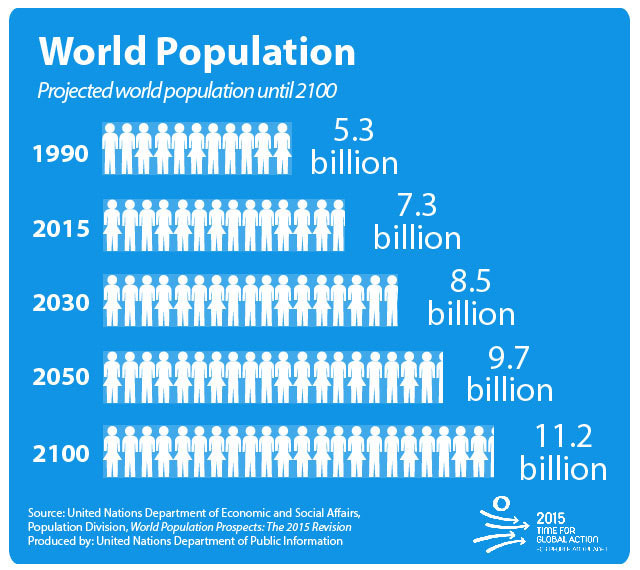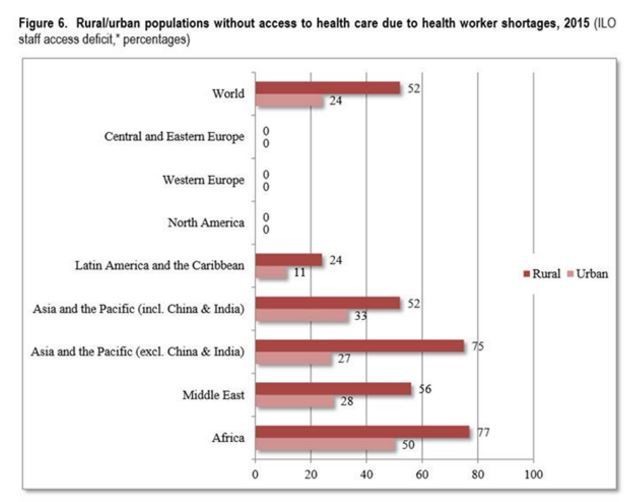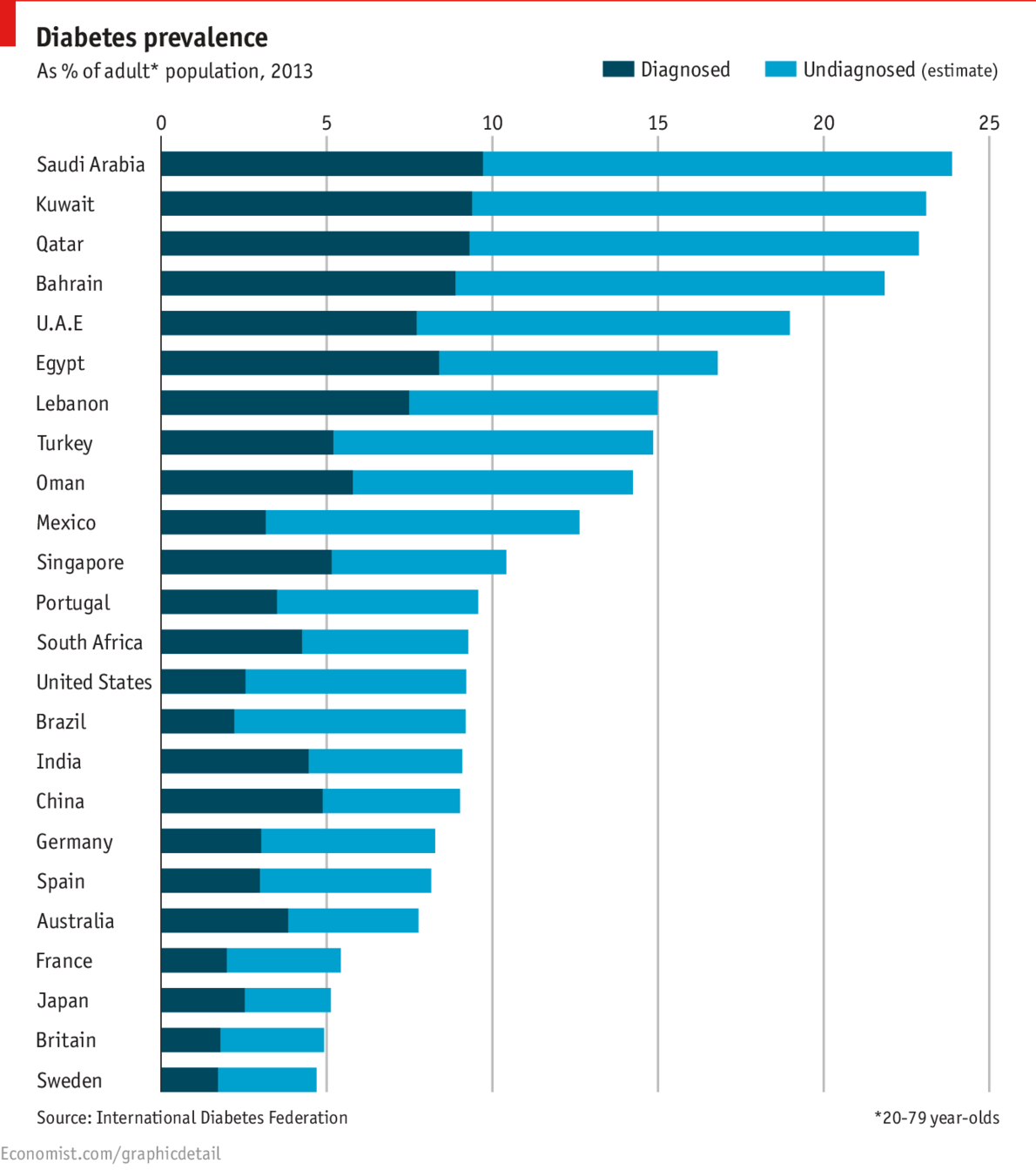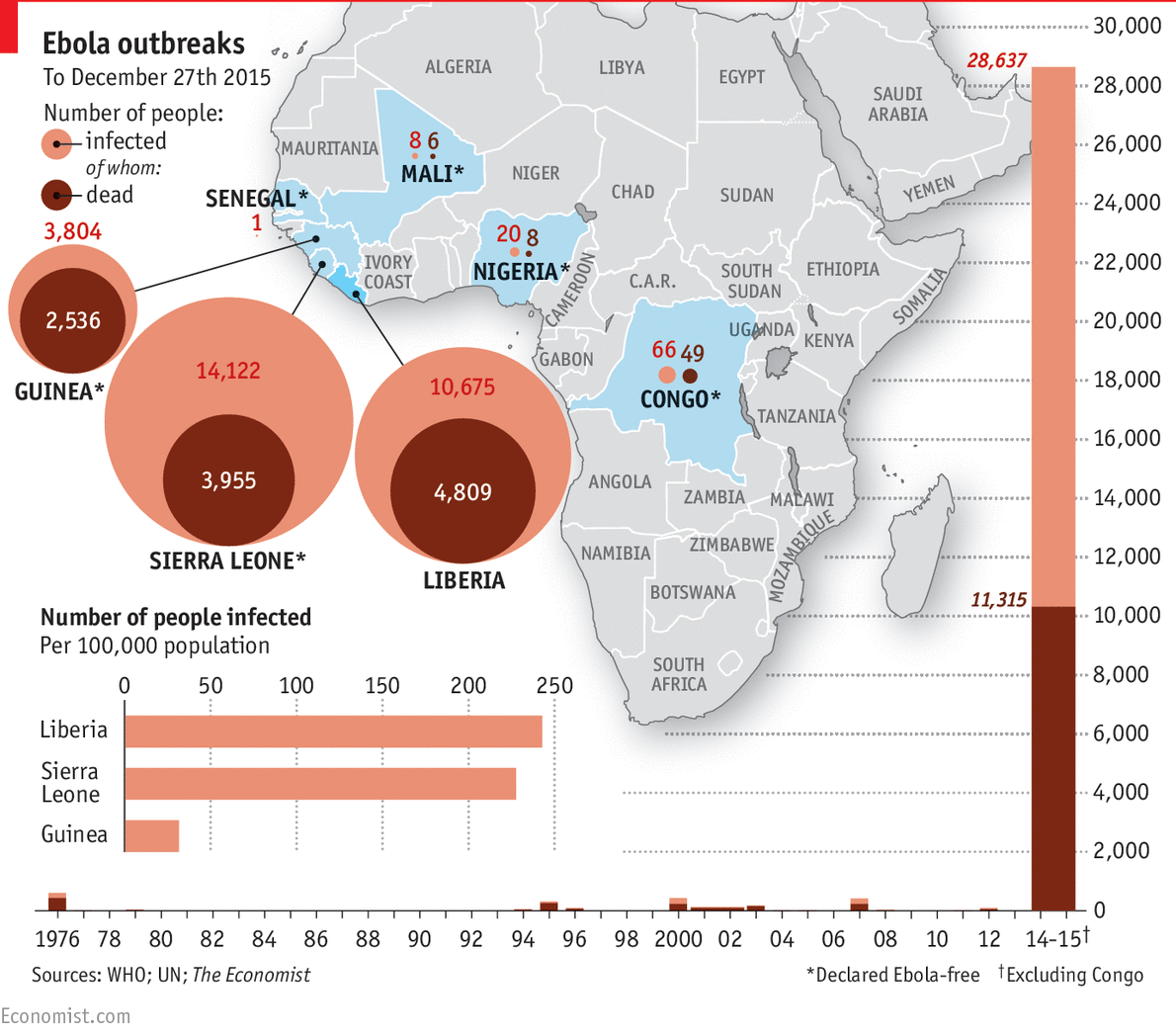How can we make healthcare fit for the future?

No cure all ... how will we provide care for a world of 9.7 billion?
Image: REUTERS/Baz Ratner
Stay up to date:
Future of Global Health and Healthcare
Find out more about the Future of Health, a World Economic Forum Global Challenge, live at 11.15am on Wednesday 20 January 2016.
Over the past few decades, the world has seen major advancements in health and largely as a result, people are generally living longer, healthier lives. However, serious challenges to global health remain, ranging from dealing with pandemics to the rise of noncommunicable diseases (NCDs) to the prohibitive costs of care, particularly in developing countries.
The number of people on the planet is set to rise to 9.7 billion in 2050 with 2 billion aged over 60. To cope with this huge demographic shift and build a global healthcare system that is fit for the future, the world needs to address these challenges now.

How can the global health system adapt to demographic changes?
The global health system will need to adjust to massive population growth, which will be concentrated in the poorest countries, and increasing numbers of elderly. This will mean shifting the current focus on treating sick people towards preventing illness and preserving the health of populations.
What are the main challenges?
The global healthcare system today faces numerous challenges. These are five of the biggest:
1. The hospital-centric model
The current hospital-centric system is already proving unsustainable and ineffective. A World Bank report on the impacts of ageing in East Asia highlights the urgency of shifting to a new model in which primary care plays a bigger role and the treatment of older patients with chronic conditions is managed affordably at the right levels of the system. The paper argues that, as in the case of pensions, the financing model for healthcare will need to rely more on budget financing to achieve universal health coverage as the needs of ageing populations grow. Ageing is also creating a rapidly growing demand and market for long-term care as traditional family networks become increasingly stretched.

2. Healthcare costs, human resources and infrastructure
Prohibitive costs of care and a lack of human resources and infrastructure particularly in emerging economies are proving a major obstacle. For example, the UN International Labour Organization found that 56% of the world’s rural population and 83% of Africa’s rural population live without critical healthcare access. This amounts to a deficit of roughly 7 million healthworkers in rural areas.

3. Noncommunicable diseases
Increased exposure to risks such as tobacco, physical inactivity and unhealthy dietary patterns are making noncommunicable diseases (NCDs) such as cancer and diabetes the number one killer globally. As the world’s population ages, deaths from NCDs are projected to rise from 38 million in 2012 to 52 million annually by 2030.

4. Vulnerability to pandemics
The potential costs of a global outbreak of the flu or another highly contagious disease could be huge. The Ebola outbreak in West Africa provided a wake-up call for how health emergencies, in an increasingly connected world, can quickly become global challenges.

5. Health technology and big data
Breakthroughs in technology and the use of big data have the potential to transform medicine and create connected, more efficient healthcare. Yet health systems are struggling to benefit from these innovations.
6. The health ecosystem
Only 20% of health outcomes depend on the strength of healthcare systems; the rest is a function of the health ecosystem. So, to keep individuals and populations healthy, solutions need to come from outside of the traditional healthcare space.
What is the World Economic Forum doing about it?
The Forum is providing a global platform for action with the aim of enabling 9.7 billion people in 2050 to lead healthy lives.
A strategic, long-term focus coupled with a collaborative mindset across industries, policy-makers, civil society and innovators along the continuum of care, from prevention to care delivery, will be key to addressing the current challenges of the health ecosystem.
Click here for more information on the Forum's Global Challenge on the Future of Health.
Don't miss any update on this topic
Create a free account and access your personalized content collection with our latest publications and analyses.
License and Republishing
World Economic Forum articles may be republished in accordance with the Creative Commons Attribution-NonCommercial-NoDerivatives 4.0 International Public License, and in accordance with our Terms of Use.
The views expressed in this article are those of the author alone and not the World Economic Forum.
Related topics:
Forum Stories newsletter
Bringing you weekly curated insights and analysis on the global issues that matter.
More on Forum InstitutionalSee all
World Economic Forum
May 16, 2025
Victoria Masterson, Stephen Hall and Madeleine North
March 25, 2025
Lorez Qehaja
March 19, 2025





